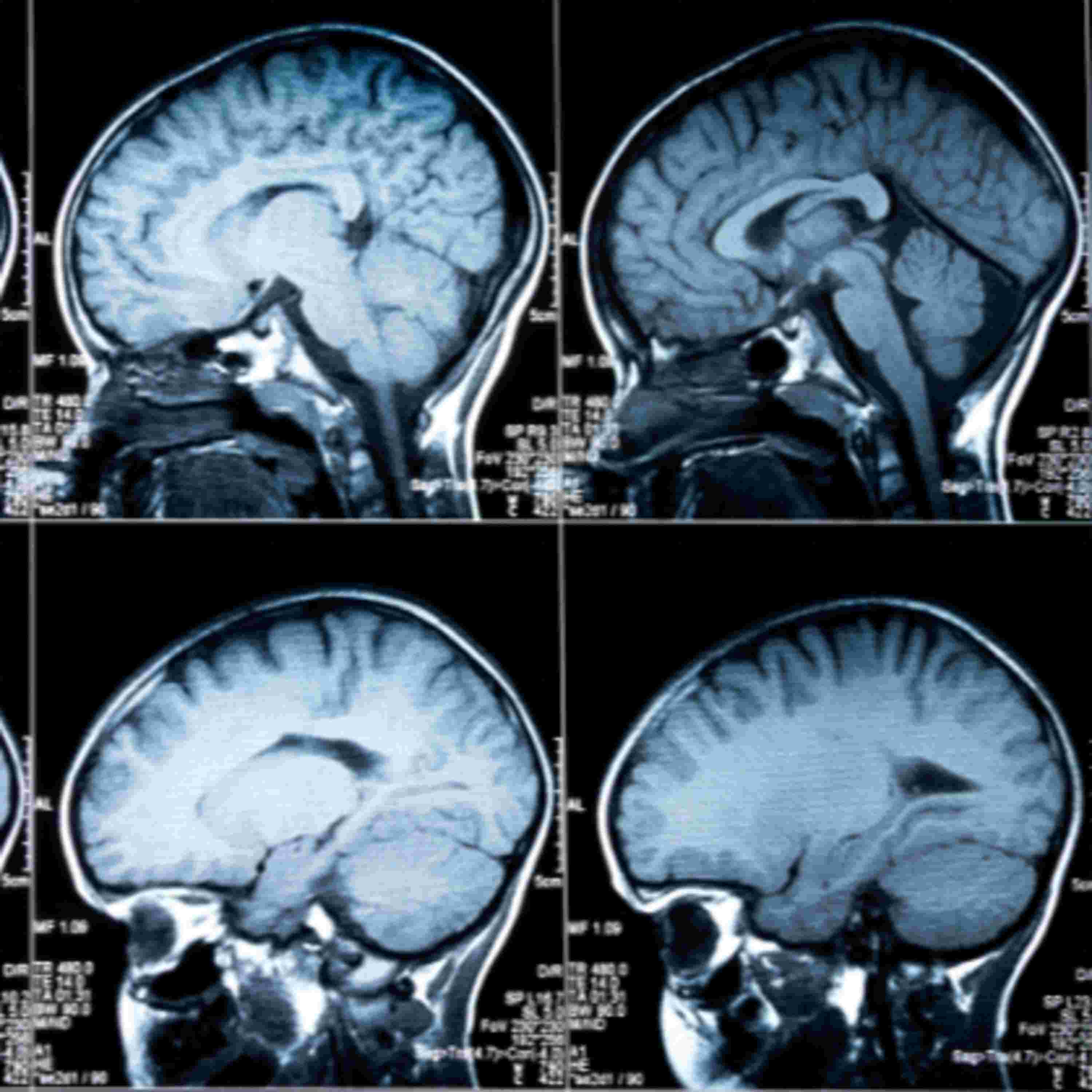

The source provides a comprehensive overview of the paradigm shift occurring in Alzheimer's disease (AD) therapeutics, detailing the move from modest symptomatic relief to the first disease-modifying therapies (DMTs). It explains that while traditional treatments like cholinesterase inhibitors temporarily managed symptoms, recent FDA approvals of anti-amyloid antibodies, such as lecanemab and donanemab, prove that targeting underlying pathology can slow cognitive decline, despite introducing safety risks like ARIA. The text further highlights the diversifying drug pipeline beyond amyloid to include anti-tau agents, neuroinflammation modulators, and repurposed drugs like semaglutide. This progress is underscored by a revolution in diagnostics, where non-invasive blood-based biomarkers like p-tau217 now enable earlier and more accurate patient identification, supporting a future model of integrated, personalized AD care that combines pharmacotherapy with lifestyle interventions like those validated by the U.S. POINTER trial.